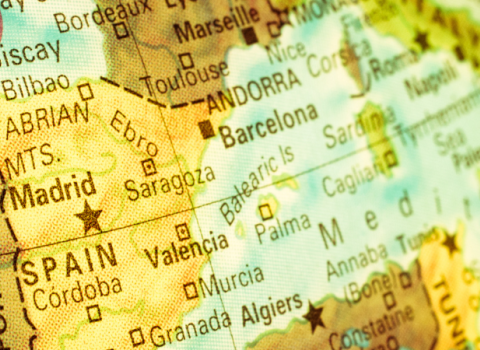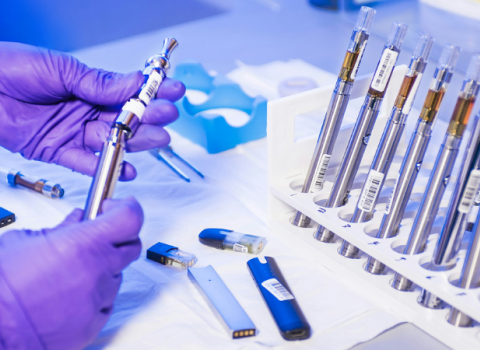
GM soya.
But despite some slight growth in planting in Europe, European farmers continue to lag behind the rest of the world in terms of access to agricultural biotechnology, said Marc Van Montagu, Chairman International Plant Biotechnology Organisation (IPBO) and president of the European Federation of Biotechnology, commenting on the figures at a meeting in Brussels earlier this week.
“Europe is held back by a dysfunctional regulatory system and by disproportionate co-existence rules,” said Van Montagu, adding that the regulatory system is centred on emotional arguments, rather than on science.
Despite systematic attempts to deny European farmers the right to use a technology widely used in the rest of the world, Van Montagu argues that GM crops have demonstrated benefits in Europe.
A recent study by the market analysts PG Economics found that biotech crops have increased farm income worldwide by $27 billion over the last decade.
Last year 10.3 million farmers grew biotech crops, a 21 per cent increase over 2005.
Most notably, the developing world is aggressively adopting biotech crops. More than 9.3 million small farmers in 11 developing countries grew biotech crops in 2006, a 9.4 per cent increase on 2005.
There was also record acceptance in the US, the home of the GM crop, with acreage up by 9.6 per cent over 2005.
In 2006, US acreage of biotech soybean increased by more than 6 percent, to a total of 66.68 million acres, or 89 per cent of all soybeans grown in the country. American farmers planted 12.68 million acres of biotech cotton in 2006, representing 83 per cent of all cotton grown in the United States, while planting of biotech corn increased by nearly 14 per cent to 48.4 million acres.
The increase in acreage comes against a background of positive research. In May 2006 the University of Arizona concluded that Bt cotton reduces the level of pesticide applications, while increasing overall crop yields. And studies by the National Center for Food and Agricultural Policy concluded that in 2005 biotech crops boosted production by 8.3 billion pounds in weight, reduced production costs by $1.4 billion, and increased farm revenues by $2.0 billion.
American growers cut pesticide applications by 69.7 million pounds by planting biotech crops.





 A unique international forum for public research organisations and companies to connect their external engagement with strategic interests around their R&D system.
A unique international forum for public research organisations and companies to connect their external engagement with strategic interests around their R&D system.